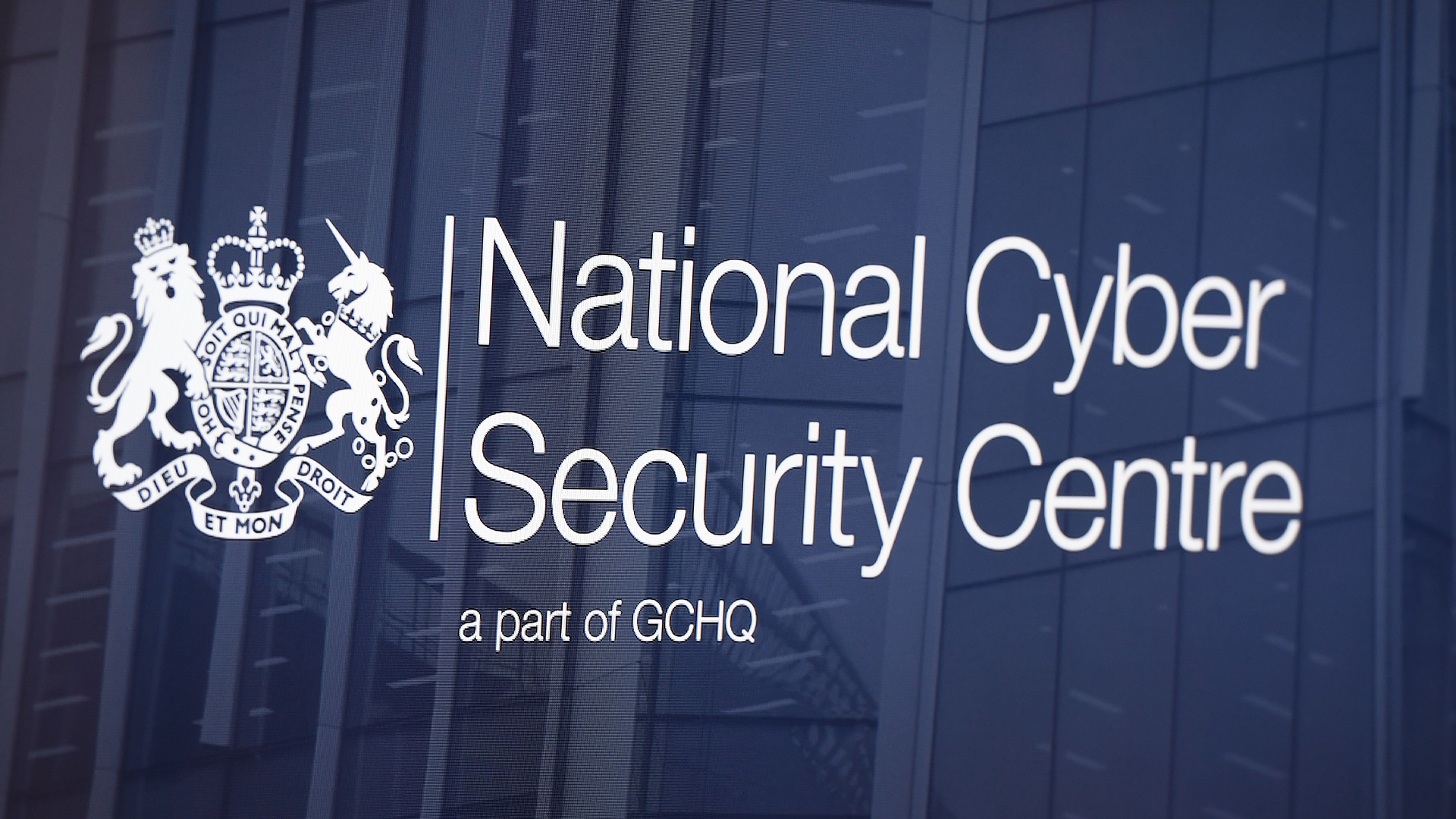Thousands of exposed civil servant passwords are up for grabs online
While the password security failures are concerning, they pale in comparison to other nations


The passwords of more than 3,000 UK civil servants have been found exposed on the dark web and other publicly available sources, according to research from NordPass.
195 exposed passwords identified by researchers belonged to staff at the Ministry of Justice, 111 from the Ministry of Defence, and 122 from the Department of Work and Pensions.
There were also large numbers of passwords from HM Revenue & Customs, the Home Office, as well as a number of councils including Aberdeen City Council, Lancashire County Council, Newham Council, and Southwark Council.
Notably, NordPass researchers identified 70 compromised passwords of UK Parliament employees.
“Exposure of sensitive data, including passwords, of civil servants is particularly dangerous,” said Karolis Arbačiauskas, head of product at NordPass.
"Compromised passwords can affect not only organizations and their employees but also large numbers of citizens. Moreover, such incidents may also pose serious risks to a country’s strategic interests."
Password security needs shaking up
Some of the passwords came up more than once, thanks to multiple incidents related to one email address, or because several people used the same password.
Sign up today and you will receive a free copy of our Future Focus 2025 report - the leading guidance on AI, cybersecurity and other IT challenges as per 700+ senior executives
All told, NordPass said as many as 434 unique passwords were identified during its investigation.
The number of leaked passwords doesn't directly reflect the strength of an organization’s internal security practices, Arbačiauskas noted. For a start, larger organizations with more employees naturally have a bigger digital footprint, increasing the likelihood of credentials being exposed in a breach.
"In many cases, a single malware infection on an employee’s personal device or the compromise of a popular third-party website can expose dozens of accounts,” he said.
“Furthermore, the majority of leaks originate from external sites where employees registered using their work email addresses."
While some of the civil servants’ passwords found in publicly available sources are also weak, many officials were following best practices – long passwords with upper-case letters, numbers, and symbols.
“If these passwords were not changed after their appearance on the dark web and multi-factor authentication (MFA) is not enabled, attackers could potentially access the email accounts and other sensitive information of these civil servants," said Arbačiauskas.
"Moreover, we found hundreds of thousands of email addresses with other exposed data like names, last names, phone numbers, autofills, and cookies. This data can be exploited for phishing attacks and pose significant risks."
Password security is even worse abroad
The UK isn't the only country to see civil servants' passwords exposed. Analysis from the company identified a whopping 53,070 passwords belonging to various US federal agency employees.
1,897 of these were from the Department of Defense, 15,272 from the State Department, 1,706 from the US Army, and 1,331 from the Department of Veterans Affairs.
Meanwhile, 19,538 French public sector emails were exposed, with 13,613 from Italy.
NordPass recommends the use of strong passwords or passphrases, creating a unique password for each account, setting up a password policy and turning on multi-factor authentication (MFA).
Make sure to follow ITPro on Google News to keep tabs on all our latest news, analysis, and reviews.
MORE FROM ITPRO
- Passwords are a problem: Why device-bound passkeys can be the future of secure authentication
- How to create a secure password policy
- The NCSC wants you to start using password managers and passkeys
Emma Woollacott is a freelance journalist writing for publications including the BBC, Private Eye, Forbes, Raconteur and specialist technology titles.
-
 The trends that will shape workplace culture in 2026
The trends that will shape workplace culture in 2026In-depth Tech leaders share their insights on how businesses can embrace change across hiring, training, and culture
-
 Why the UK is primed to lead a global charge in ‘green AI’ innovation
Why the UK is primed to lead a global charge in ‘green AI’ innovationNews UKAI says there are major economic incentives and a big opportunity for the UK to lead the world in green AI development
-
 90% of companies are woefully unprepared for quantum security threats – analysts say they need to get a move on
90% of companies are woefully unprepared for quantum security threats – analysts say they need to get a move onNews Quantum security threats are coming, but a Bain & Company survey shows systems aren't yet in place to prevent widespread chaos
-
 LastPass issues alert as customers targeted in new phishing campaign
LastPass issues alert as customers targeted in new phishing campaignNews LastPass has urged customers to be on the alert for phishing emails amidst an ongoing scam campaign that encourages users to backup vaults.
-
 NCSC names and shames pro-Russia hacktivist group amid escalating DDoS attacks on UK public services
NCSC names and shames pro-Russia hacktivist group amid escalating DDoS attacks on UK public servicesNews Russia-linked hacktivists are increasingly trying to cause chaos for UK organizations
-
 An AWS CodeBuild vulnerability could’ve caused supply chain chaos – luckily a fix was applied before disaster struck
An AWS CodeBuild vulnerability could’ve caused supply chain chaos – luckily a fix was applied before disaster struckNews A single misconfiguration could have allowed attackers to inject malicious code to launch a platform-wide compromise
-
 There’s a dangerous new ransomware variant on the block – and cyber experts warn it’s flying under the radar
There’s a dangerous new ransomware variant on the block – and cyber experts warn it’s flying under the radarNews The new DeadLock ransomware family is taking off in the wild, researchers warn
-
 Supply chain and AI security in the spotlight for cyber leaders in 2026
Supply chain and AI security in the spotlight for cyber leaders in 2026News Organizations are sharpening their focus on supply chain security and shoring up AI systems
-
 Veeam patches Backup & Replication vulnerabilities, urges users to update
Veeam patches Backup & Replication vulnerabilities, urges users to updateNews The vulnerabilities affect Veeam Backup & Replication 13.0.1.180 and all earlier version 13 builds – but not previous versions.
-
 NHS supplier DXS International confirms cyber attack – here’s what we know so far
NHS supplier DXS International confirms cyber attack – here’s what we know so farNews The NHS supplier says front-line clinical services are unaffected
